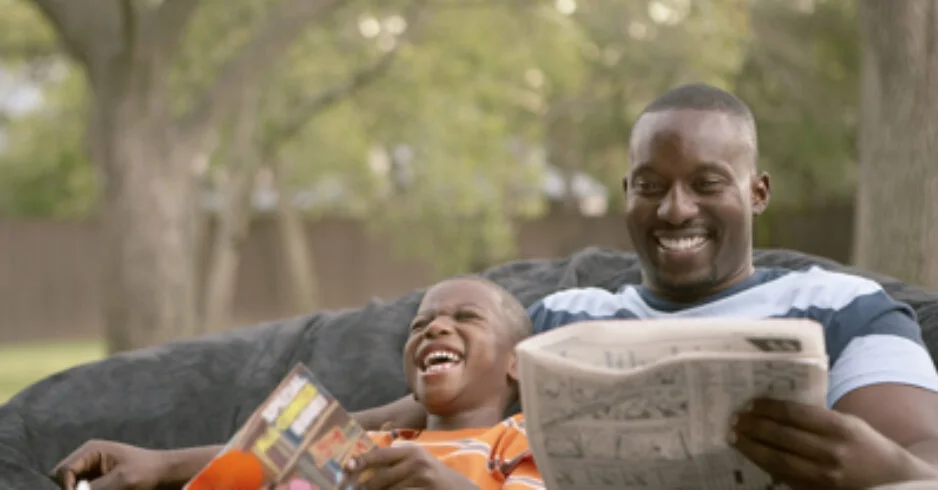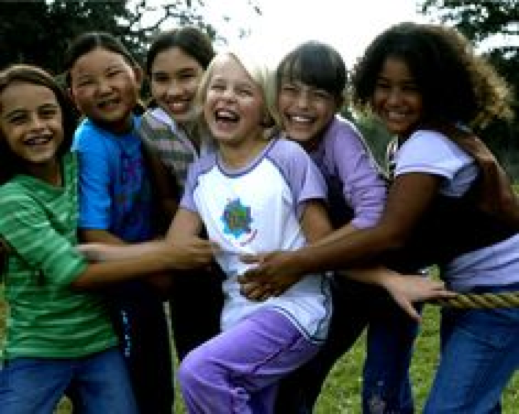Do you find yourself saying such things as “I wish my son had a more outgoing personality” or “I want my daughter to be the smartest student in her class” or “My son should be the best soccer player on his team”? I believe our desires can be misplaced as we look for human perfection in our children. Let us strive to raise children who love God and whose core fundamental beliefs are centered on God’s view of them rather than our own.
In Matthew 22:37-38, Jesus instructs us on the “greatest” or most important commandment: “Love the Lord your God with all your heart and with all your soul and with all your mind. This is the first and greatest commandment.”
We are misplacing the emphasis if we stress exceptional outward behavior or physical attributes as God wants us to love Him. Moreover, God does not look at our outward appearance, but above all else, He always looks at our hearts. 1 Samuel 16:7. Our hearts are the core of who we are and what we believe. Proverbs 4:23 states: “Above all else, guard your heart, for everything you do flows from it.” (NIV).
The Bible is filled with verses that tell us how much God loves us and how we are special, precious and unique to Him. These verses apply equally to adults and children. Here are a few to discuss with your children and help them to memorize:
1. Our children are God’s workmanship who have been created in Christ Jesus for good works. Ephesians 2:10.
2. They are fearfully and wonderfully made. Psalm 139.
3. They are the salt of the world. Matthew 5:13.
4. They are the light of the world. Matthew 5:14.
God is looking for people who love Him and know how much He loves them. Help your children to understand this from young!





